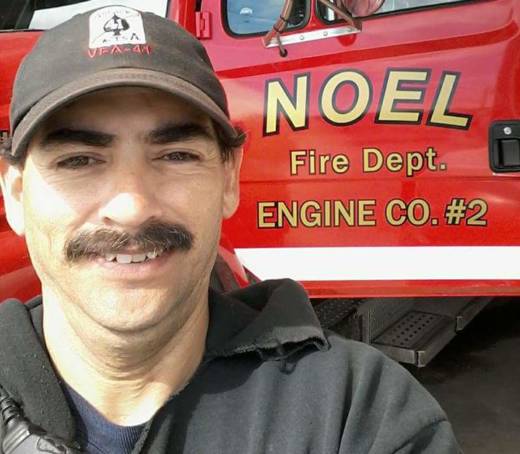The hearing officer rejected those arguments and upheld the sanctions imposed by the state Labor Commissioner’s Office.
Veena Dubal, a UC Hastings College of the Law professor specializing in employment law, said the decision sends a strong message to companies that contract with Cal Fire.
Worker’ compensation insurance is designed to protect those hurt on the job, providing coverage for immediate medical care, permanent disability and death benefits.
“This is a dangerous job,” Dubal said in an interview. “Your workers are likely to be injured and if they are injured, you need to be carrying workers’ compensation insurance.”
Tehama Transport’s lawyer, Scott Rubright, said he is considering appealing the administrative law judge’s decision to a Superior Court but would not comment further.
Rubright had argued in his earlier appeal that companies that provide heavy equipment and operators to help Cal Fire and the U.S. Forest Service battle wildfires can’t afford to retain their tanker drivers and bulldozer operators as full-time workers with benefits.
“Due to the wildly uncertain nature of the emergency firefighting component of Tehama Transport’s business, it is impossible for Tehama Transport to maintain actual firefighting employees on an employee payroll,” Rubright wrote.
If Tehama and companies like it treated the operators as employees, they wouldn’t be able to keep supplying aid to California’s annual battle against wildfires, Rubright argued.
“If that were to occur, it frankly would be a disaster,” he added. “Many other emergency service and equipment providers are in the same position as Tehama Transport on this issue and the state of California would lose the benefit of having a large pool of firefighting equipment.”
Patti Huber, the administrative hearing officer for the California Labor Commissioner’s Office, agreed that Tehama was in violation of state regulations requiring the firm to provide workers’ compensation insurance to its employees.
Tehama’s workers qualify as employees because the firm could fire operators at will, Huber said, and there’s no evidence the company’s workers believed they were independent contractors.
Tehama’s owner, Heather Morway, told state workplace regulators that it was common for other companies in the industry to classify their operators as independent contractors and to not provide workers’ compensation insurance.
Paiz is the third contractor in 16 months to be killed or seriously injured helping battle a large California wildfire whose employer failed to obtain workers’ comp.
Huber’s ruling adds to the argument that the state should take more responsibility in providing a safety net for the contracted heavy equipment operators it relies on to help battle wildfires, according to Dubal.
“This is an industry of small businesses that do not have deep pockets,” Dubal said. “I think this area is ripe for legislation.”
Clarification: Patti Huber was previously and incorrectly referred to as an administrative law judge. She is an administrative hearing officer for the state Labor Commissioner’s Office.

